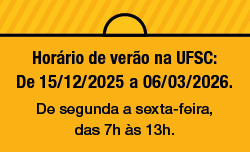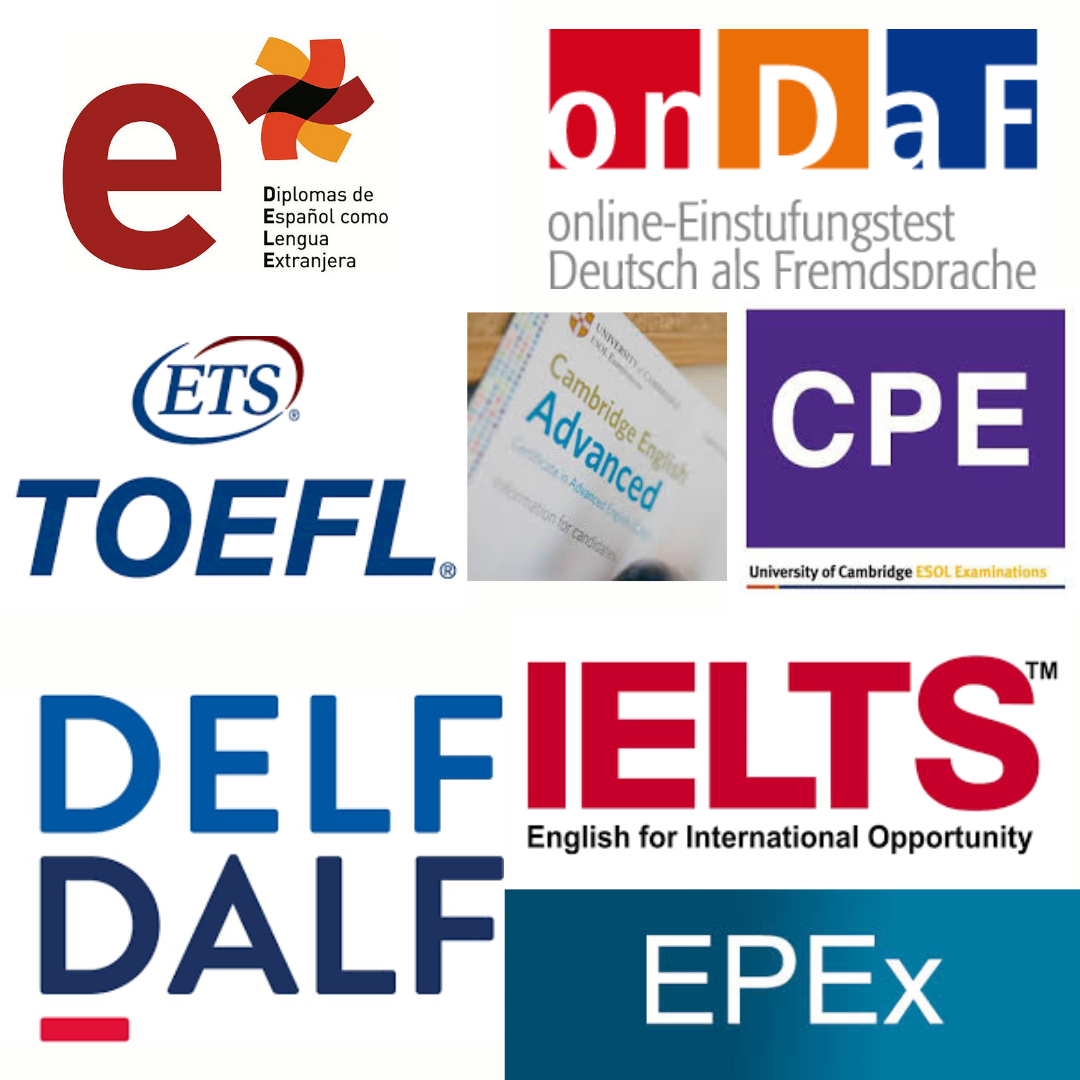Data collection for research and rankings
This page gathers information for the university community about national research initiatives and international rankings, including their methodologies, when and how the data is collected, the information required and UFSC’s results.
International Rankings
How do international rankings work?
(Source: https://querobolsa.com.br/revista/como-funcionam-rankings-universitarios-internacionais)
Which rankings UFSC participates in?
1. THE World University Rankings;
2. THE Latin America University Rankings;
3. THE Impact Rankings;
4. QS World University Rankings;
5. QS Latin America University Rankings;
6. QS ESG Metrics;
7. QS Academic Reputation Index.
THE Impact Rankings
Presentation about UFSC’s participation in the THE Impact Rankings 2023Watch a presentation delivered to the university staff involved in the Impact Rankings data collection.
Download the presentation in PDF format.
Methodology and indicators
See the assessed criteria for each of the SDGs here.
Access the Impact Rankings Methodology 2023 here.
Participating units and data collection calendar
Currently, these are the university units for which we request information for these rankings. There may be changes if a staff member identifies that an indicator is measured by another unit. If that is the case, please contact us.
Prorectorate for Student Affairs and Retention (PRAE);
Prorectorate for Affirmative Action and Equity (PROAFE);
Prorectorate for Research and Innovation (PROPESQ);
Office of Culture, Arts and Sports (SeCArtE);
Office of Works, Maintenance and Environment (PU);
Information Management Department / Office of Planning and Budget (DPGI/SEPLAN);
Budget Superintendency / Office of Planning and Budget (SO/SEPLAN);
Rector’s Office (GR);
Environmental Management Coordination Office (CGA);
School of Health Sciences (CCS);
School of Agricultural Sciences (CCA);
Curitibanos Campus;
Department of Aquaculture;
Special Coordination for Oceanography.
Calendar:
Request for information to the units: 16 September 2022
Opening of the data collection platform: 19 September 2022
Deadline for sending the information: 7 October 2022
Publication of the Impact Rankings results
Click here to view the results of the Impact Rankings 2022.
COBRADI Research
What is the COBRADI Research?The COBRADI (Brazilian Cooperation for International Development) research quantifies the international cooperation from the Brazilian government to other countries, emphasizing the Brazilian contribution to the advancement of the Sustainable Development Goals (SDGs) and the 2023 Agenda. The research is carried out by the Institute of Applied Economic Research (IPEA) since 2010 and, in this edition, it includes Higher Education Institutions (HEIs) and collects data on the South-South Cooperation.
Supporting information about the COBRADI Research
CONSULTATION: Ongoing actions and needs relating to internationalization at UFSC
Details about the initiative and how to participateThe Office of International Relations (SINTER) addresses UFSC faculty and technical-administrative staff for a consultation aimed at mapping the internationalization activities/actions in progress at the University and understanding the internationalization needs/demands of faculty, technical-administrative staff, and academic and administrative units.
The participation of the university community will help SINTER obtain a broader overview of the ongoing internationalization actions and develop its strategies aligned to UFSC needs and in accordance with the goals set out in the 2020-2024 Institutional Development Plan (PDI).
For specific purposes of this research, internationalization is understood as a broad set of interactions between individuals, networks and institutions, which take place at an international level. There are several possibilities for internationalization initiatives in higher education, such as: international academic and professional mobility; joint teaching, research and outreach projects and activities; double-degree programs; co-supervision agreements; courses taught in foreign languages; Collaborative Online International Learning (COIL) courses; virtual exchange; academic supervision of international students; involvement with public institutions and international organizations of various natures; organization of international events; joint publications with international researchers; among others.
The form is structured into four sections:
- Participant’s general information;
- Internationalization activities/actions already undertaken;
- Ongoing internationalization activities/actions;
- Internationalization needs/demands.
The consultation period goes from 22 September to 19 December 2022.















